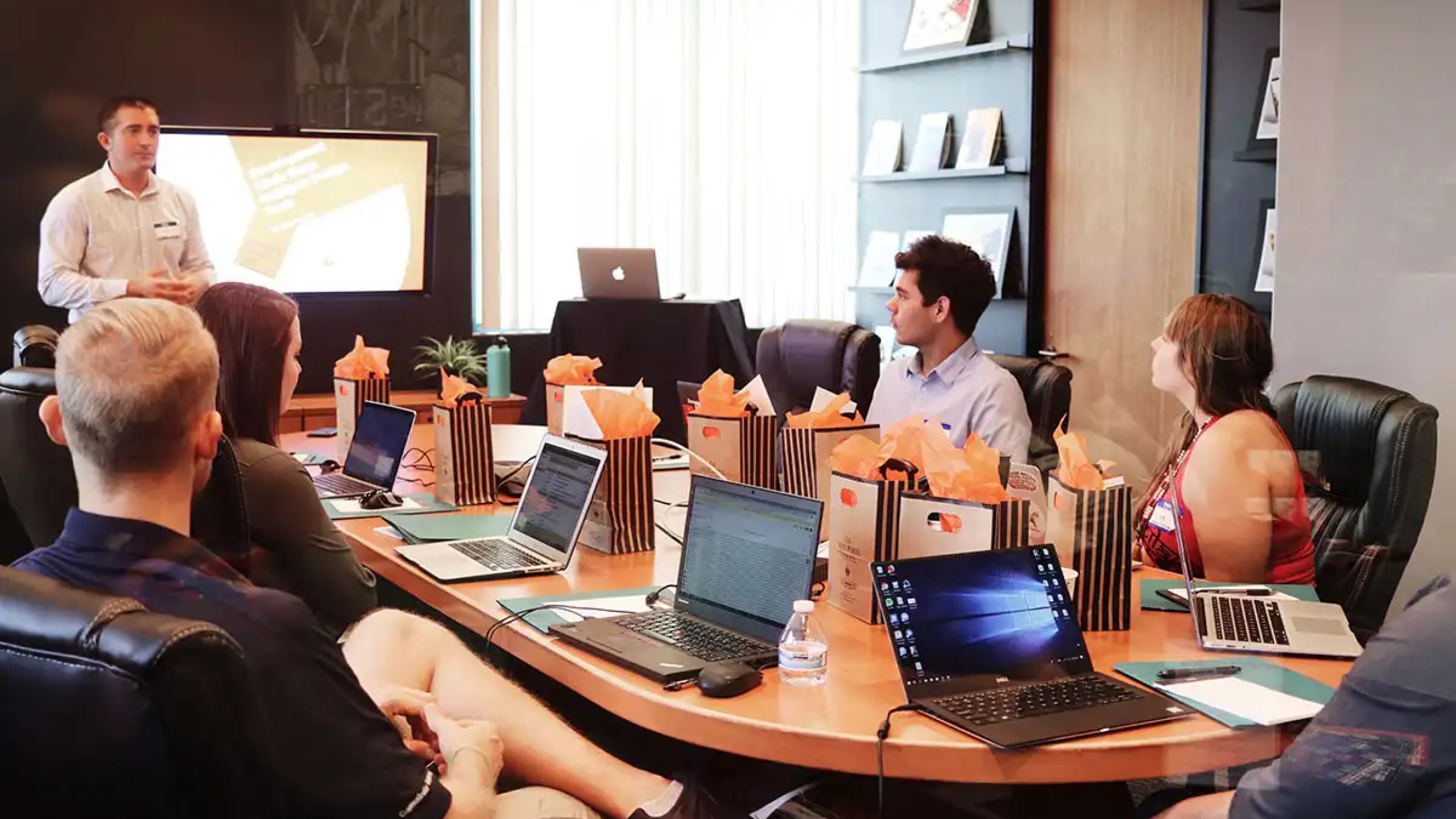What does it take to succeed in digital product development?

Do you want to build impactful digital products? Perhaps you already have a product on the drawing board and are unsure how to take it from an idea to market, or maybe you want to develop it further or enhance a product you have already built.
Digital products are the core of technological development
The world is in the midst of a technological change where more and more aspects of society are digitized. Everyone increasingly has to deal with digital products in everyday life. Just think about the app you use when you park, or what about the one you go into to pay when you have neither cash nor a bank card with you? What does it take to develop digital products that are winners in the market?
It takes more talent than software developers to develop digital products
Software developers are at the heart of all digital solutions we use daily. Other specialists collaborate with the developers to elaborate the digital product. Some have great ideas, and some develop customer journeys. Some own the product development process, while some ensure that data processing follows the applicable legislation. Some provide cyber security, while some ensure that the design is user-friendly. All these roles converge to build a digital product that solves customers' problems and is simple to use and efficient.
You need access to a variety of specialists who are able to understand the customers' constantly changing needs, adapt quickly, integrate new functionality, or adopt new technology as it becomes available.

Couple specialist skills with a solid product development process
It becomes easier to collaborate and build a digital product when you have a highly competent team exposed to the different stages of the product development process. Many disciplines must work together to launch a marketable product that provides value to customers.
It is impossible to consider every step of the entire product cycle as you start building a product. However, if you have a clear process to follow, it would be like a map to direct you toward your goal at each stage. From the idea, progress to building an MVP (Minimum Viable Product) to launching the "marketable" product, and then to building more features and functionality as the product matures.
Is it possible to have all this product development and engineering expertise in-house?
Digital product development usually takes place in iterations, each emphasizing different skills and expertise. There would be a need to bring in specialists with knowledge in cloud computing, AI, IoT and data science to succeed.
Hiring and maintaining all the necessary technical expertise in-house is a challenging, expensive task. It is entirely possible but very demanding. Not only must the right people be identified and hired, but you must also ensure that their expertise stays current as new tools and technologies become available. As such, a robust and professional ecosystem backing you is not just an advantage but a necessity.
Collaborating with a partner can reduce your risk and make you more profitable
Suppose you don't have the technical expertise in-house. In that case, building a team with competencies across UX design, software developers, and testers will take considerable time. This is even more challenging in the current market, where tech talent is at a premium.
In addition, you need a team that can take your product to market with the flexibility to bring in specialist expertise at the points of need. If you collaborate with a partner, you become less vulnerable over time and are guaranteed access to top talent across multiple disciplines. You also have the flexibility to onboard specialist roles only for a defined period, depending on the maturity of the product.
